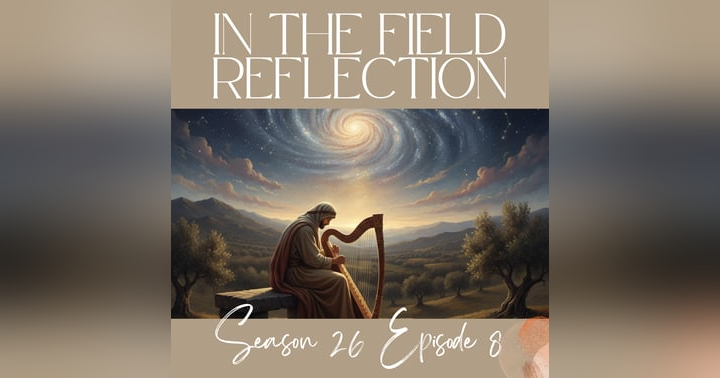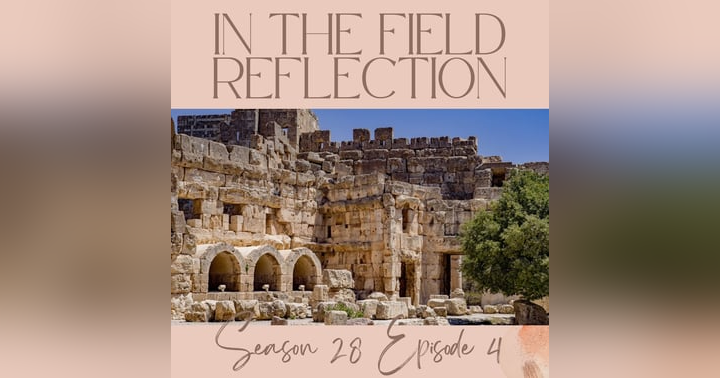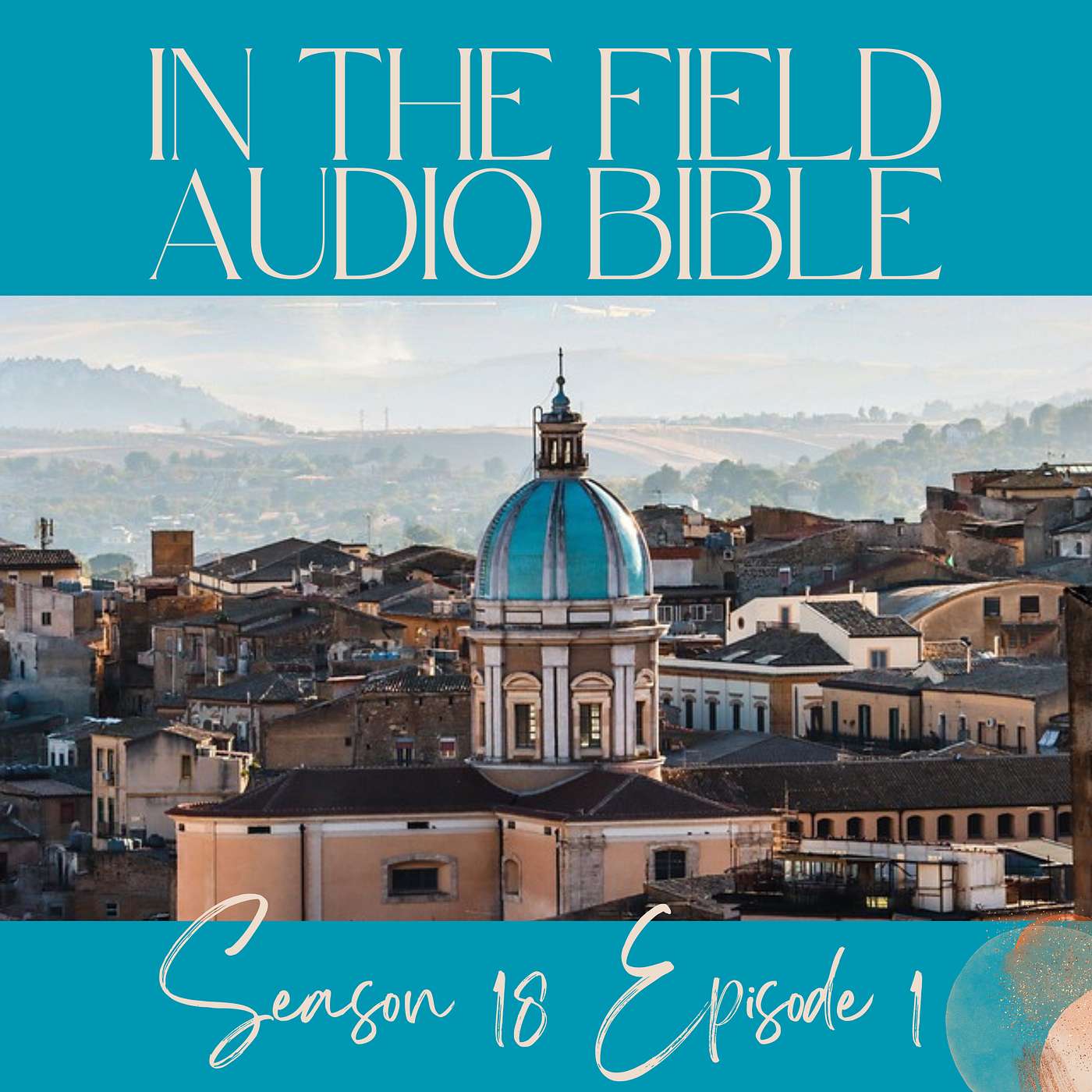Wrestling with Silence: Habakkuk's Bold Questions to Heaven

The Book of Habakkuk opens with one of the most honest conversations between a prophet and God recorded in Scripture. Unlike many prophets who primarily delivered God's messages to the people, Habakkuk turned his face toward heaven with burning questions about divine justice and the apparent triumph of evil. Habakkuk's bold questions to Heaven echo through the ages, giving voice to every soul that has cried out in confusion or pain. His complaint resonates across millennia into our present moment: "How long, O Lord, shall I cry for help and you will not listen?"
This ancient prophet stood on his watchtower, surveying a landscape of corruption, violence, and injustice in Judah. The law had become "slack," justice never prevailed, and the wicked hemmed in the righteous. The powerful exploited the vulnerable while religious leaders maintained a veneer of piety over corrupt hearts. Habakkuk's frustration stemmed not from doubt in God's existence or power, but from the painful contrast between God's known character of justice and the reality of unpunished wickedness. His complaint echoes in our own world where similar disparities between divine promises and human experience often leave believers questioning God's timing and methods.
What makes Habakkuk remarkable is his raw honesty before God. He doesn't disguise his confusion or soften his complaint. Instead, he brings his unfiltered questions directly to the throne of heaven: "Why do you make me see wrongdoing and look at trouble?" This prophetic boldness offers believers today permission to bring authentic lament before God. Faith, as demonstrated by Habakkuk, isn't the absence of questions but the presence of trust even within questioning. The prophet models a relationship with God that can withstand doubt, confusion, and even accusation without breaking.
God's response to Habakkuk is both comforting and disturbing. "Look among the nations and see. Wonder and be astounded, for I am doing a work in your days that you would not believe if told." The Lord reveals that He will use the Chaldeans (Babylonians) – a people "fierce and impetuous" – as instruments of judgment. This creates a new theological dilemma for Habakkuk: How can a holy God use an unholy nation to accomplish divine purposes? How can the cure seem worse than the disease? This paradox introduces us to the mystery of God's sovereignty that sometimes works through unexpected, even troubling means to accomplish ultimate justice.
The prophet's reaction to this revelation demonstrates the next phase of authentic faith. Rather than rejecting God's answer because it conflicts with his expectations, Habakkuk processes his confusion before the Lord: "Are you not from everlasting, O Lord my God, my Holy One? You who are too pure to look on evil, will use a nation steeped in blood to discipline your own?" He stands at the intersection of faith and bewilderment, holding both without abandoning either. This tension-filled faith acknowledges the mystery of God's ways without demanding that divine action conform to human understanding.
Perhaps most powerfully, Habakkuk concludes his complaint with a commitment to watchful waiting: "I will take my stand at the watch post and look out to see what he will say to me and what answer I will give concerning my complaint." This stance of attentive patience demonstrates that questions do not signal abandonment of faith but can actually be expressions of profound trust. The prophet believes God will speak, even after silence. He trusts that divine wisdom will eventually become clear, even when current circumstances seem to contradict God's character. This patient watching represents the heart of prophetic faith – not blind acceptance, but expectant waiting through confusion.
For contemporary believers facing their own questions about divine justice in a broken world, Habakkuk offers several profound insights. First, honest questions directed toward God can be acts of faith rather than expressions of doubt. Second, God's answers may not provide immediate comfort but often invite us into deeper understanding of divine sovereignty. Third, when God works in ways that confound our expectations, the appropriate response is continued engagement rather than retreat. Finally, watchful waiting – maintaining spiritual alertness while patiently enduring confusion – represents mature faith that acknowledges both divine mystery and divine faithfulness.



